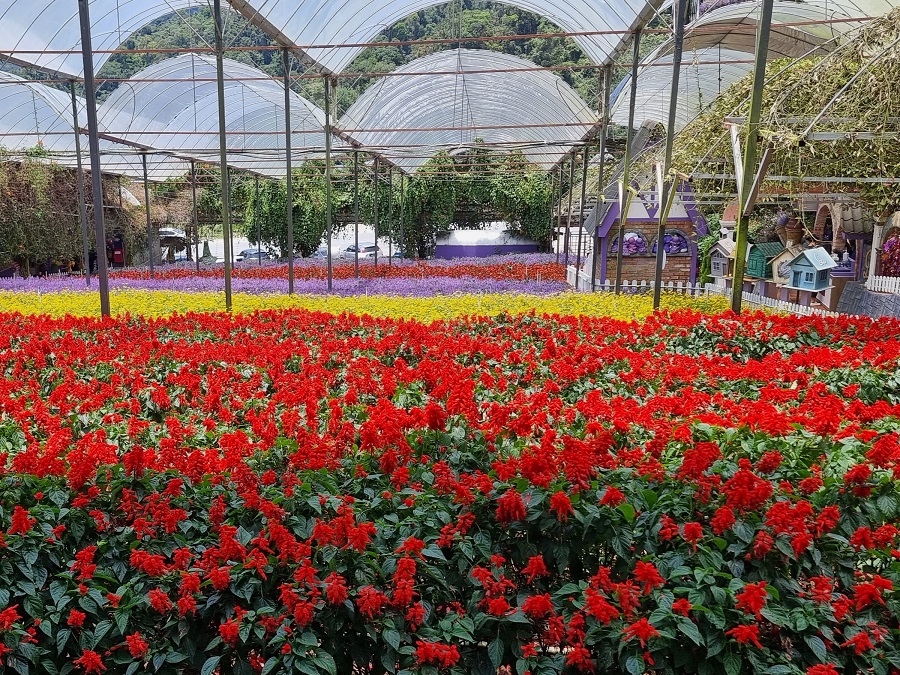Although at first glance the travel industry and the agricultural sector appear to have nothing in common, they actually share more than meets the eye. The economic benefits of tourism to the agricultural sector can be multiplied several times over.
“Tourism brings the end consumers closer to the source, which means money for the local community. Tourists, if given the right experience, then become brand ambassadors, especially when they can brag to friends and family that got a product from the source,” said Nordin Abdullah, founding chairman of the Malaysia Global Business Forum (MGBF) in an exclusive interview with News Hub Asia.

Income for farmers can be boosted thanks to agritourism since it offers an alternative revenue stream. In addition, it can facilitate a greater awareness of agricultural contributions and the origins of the food we eat. The tourist sector may inspire farmers to diversify their agricultural offerings or create high-margin value-added foods like jams, sauces, and cheeses. According to the Department of Statistics Malaysia, Malaysia’s agriculture sector contributes around 7.1 per cent to its Gross Domestic Product (GDP) and the industry engages 469,683 people.
The development of supply chains is a further mechanism through which tourism may double the impact on the agricultural sector. The tourist sector may benefit all parties involved by encouraging the use of local goods by fostering connections between farmers, processors, and distributors.

The growth of the tourist sector can pave the way for the construction of much-needed essential facilities like cold storage warehouses and processing factories, which in turn raise the standard of locally produced goods.
Nordin continued, “The challenge for Malaysia’s agricultural sector is to attract the capital requirements in the cold chain. Likely, it will need to come from domestic investors. The additional revenue streams associated with the agricultural sector will ultimately reduce risk profiles and unlock capital.”
“The Cameron Highlands offers a unique agritourism experience, with a long history and some unique crops including tea being grown there. It also offers cooler temperatures for those looking to escape the tropical heat for a few days,” concluded Nordin who is also the Vice President of the Australia-ASEAN Chamber of Commerce (AustCham ASEAN).
Malaysia boasts Domestic Direct Investments of RM101.3 billion as of 2022, with hotels and tourism being among the top-performing five sub-sectors.
As Malaysia looks to design a sustainable future, agritourism may aid in educating the public on the significance of agriculture and promoting a better knowledge of the origins of the food we eat. However, in order to maximise the advantages and minimise the negative effects, it is necessary to recognise and solve the issues connected with the multiplier effect of tourism on the agriculture business. ![]()
